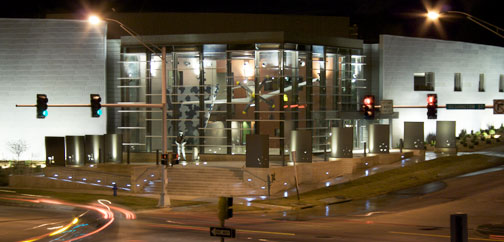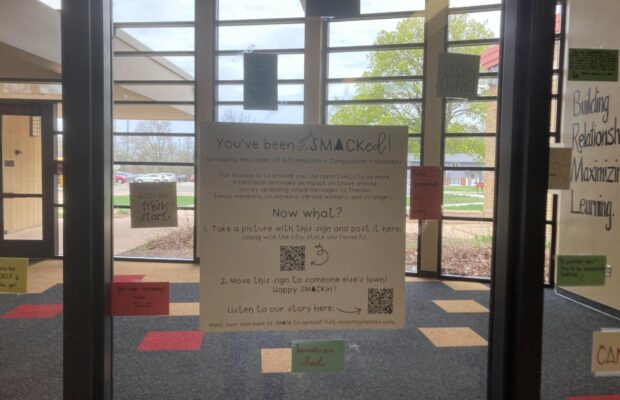Grout Museum features teen heroes

A new exhibit entitled The White Rose at the Grout Museum in Waterloo focuses on leadership, determination and above all, human morals.
In the 1940s during World War II, Adolf Hitler reigned over Germany. He installed fear throughout every German citizen and corrupt power throughout every German law. It was in Munich, Germany, at Munich University that a group of German students gathered together and called themselves the White Rose. This group of students, not much older than CFHS students, began to distribute flyers that criticized Hitler and his ideals, a very dangerous thing to do back then. Eventually they were caught and beheaded, but the morals of this group still remain. What they did was something that not many could ever do, and for this bravery, they shaped history, as this fascinating exhibit shows.
“The saddening thing about this was that these were young people were not much older than a lot of students at CFHS when they were executed. What happened during Hitler is still happening today in all parts of the world. If someone speaks against the government, they’re killed. I think that many people need to realize that we are extremely privileged to be in a free society where we can speak our own opinion. People today still die from doing so,” German teacher Gunda Brost said.
Beyond the social importance, the dramatic story is compelling as well.
“A few weeks ago, we watched the movie, ‘The White Rose’ in German class, and it was really touching and intriguing. I felt like the exhibit gave me the same emotions as the movie did. The exhibit introduces the members of the White Rose and makes you realize that these were real people that really stood up to their dictator and really got executed for it. You hear about these things in the news and in fictional movies, but to see what these people were like and what they went through was pretty shocking,” sophomore Drew Stensland said.
The White Rose is also very important to German culture and history.
“This exhibit is very important to German culture because it makes people realize that ordinary Germans were not Nazis. In fact, a lot of German citizens opposed but were too scared to do anything about it,” Brost said.
Along with all of these things, there is also another additional plus to visiting this exhibit.
“If you’re taking German at the high school and you visit this exhibit, it not only will shock you and bring you a lot of realization, but you also get extra credit,” Stensland said.






You must be logged in to post a comment Login